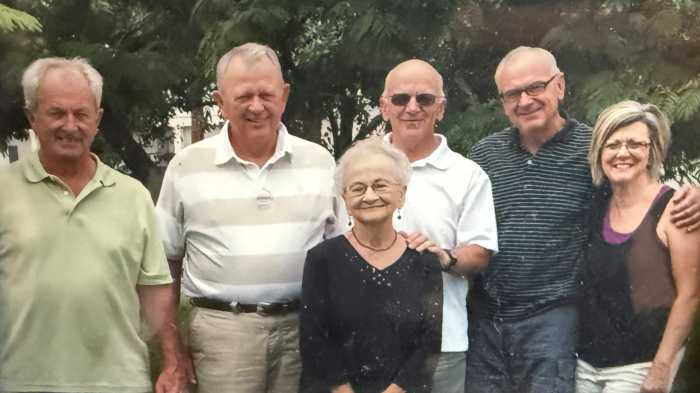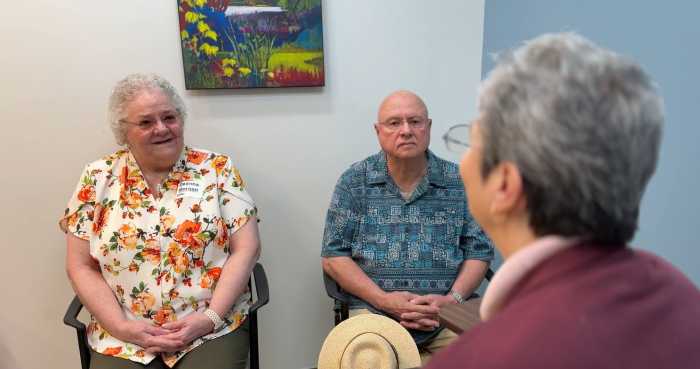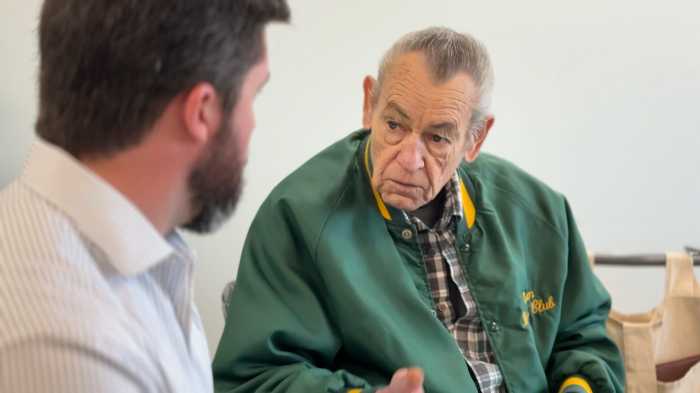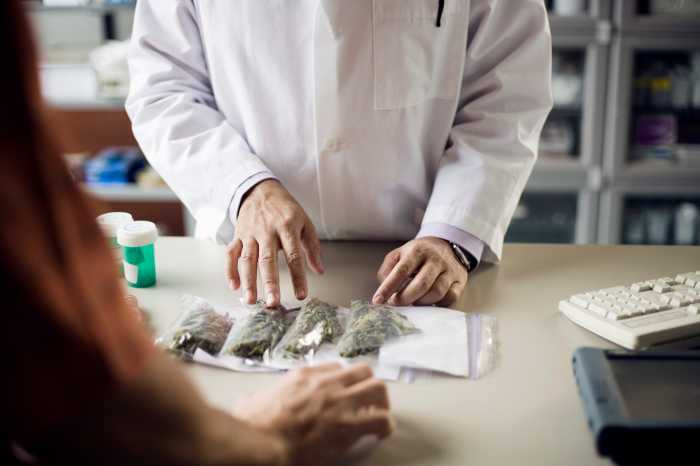During its 60 years of dedication to helping people overcome addiction, Philadelphia’s Livengrin Foundation has never slowed when considering fresh means of healing and new technologies.
One recent, experimental addition to the Livengrin Foundation’s catalog of help and healing is Mindvybe, an electrostimulation wellness product, which targets zones around the vagus nerve and acupu-pressure points to inspire stability and calm. Once achieved over a period of several Mindvybe sessions, such neurohomeostasis is meant to create equanimity within the mind, helping one’s drive to wellness.
Designed and marketed by Innerstill, a minority-owned, women-led enterprise looking to the future of wearable electroceutical products geared toward calm and wellbeing, Chief Executive Officer and Innerstill Co-Founder Ellyn Ito talked of Mindvybe like a cherished, helpful friend, and its studies at Livengrin like a gentle respite.
“Livengrin is so comprehensive and innovative in its treatment modalities, it is a perfect place in which to conduct Mindvybe’s studies,” said Ito, reminding Metro that, though she co-founded Innerstill in 2021, the technology for Mindvybe has been in development for 30 years. “As a rehab center, Livengrin has an inpatient detox coordinated with its rehabilitation services, beds where patients can stay, an understanding of the mind-body connection, and an all-encompassing approach around matters of care and the individual’s recovery journey.”
Shelby Zeller, a patient care coordinator at Livengrin, agrees with Ito and says that all things at Livengrin, Mindvybe included, “adds to the overall journey of mind-body-spirit healing” necessary for wellness. “There is so much to Livengrin’s inpatient care— and after—that stay as well with programs such as Mindvybe.”
This consumer wellness technology, the only bi-modal, low-current stimulator that helps to invigorate the vagus nerve at the ear and neck, mimics the rhythms of the body. Hitting upon acupressure points delivered via micro-currents in the skin to balance out neurotransmitters and improve overall wellness, Mindvybe is designed to relax, settle and provide calm.
“We believe that this stimulation can improve one’s recovery journey at rehabs such as Livengrin, as the body gets tense and anxiety-ridden without your substance of choice,” explains Ito. “We’re doing our Livengrin studies on individuals who come in for drug – meth, cocaine, opioids – and alcohol detoxification process, from day one through seven, and make measurements along the way so to improve wellness.”
Zeller ,who is transparent about her own addictions, discussed her experience with Mindvybe: “The feeling of calm that I experienced from this vagus nerve treatment — starting last week, with six 25-minute treatments, so far — was such a release from what I felt doing drugs and alcohol,” she said of the meditative state that Mindvybe created for her. “But it was a natural release. And that sense of calm has not left me. Suffering as I have from nervous tics in my life unrelated to drugs and alcohol, those twitches have gone away. Mindvybe has been profound for me in a way that nothing else I have tried in my journey through recovery.”
The ultimate goal for Innerstill and Mindvybe – as a consumer wellness product for in-home use, as well as in connection with rehab centers such as Livengrin – is to understand how to help individuals alleviate the struggles of addiction, from withdrawal through rehabilitation.
“We want all of our patients to use Mindvybe during their inpatient stay and when they are on the outside, perhaps when triggered with a desire to use, during any anxiety-ridden situation,” said Ito. “We hope that what our study at Livengrin shows is that people find the rehab process easier, and that they are able to stay sober longer.”
























